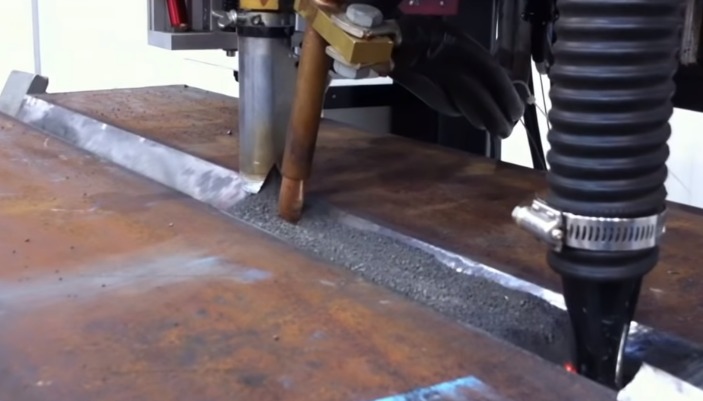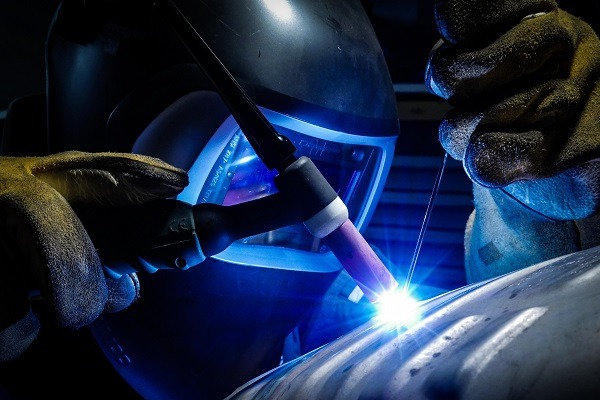The art and science of welding are continuously evolving, with technological advancements and growing industry demands. Aspiring welders have a plethora of educational institutes to choose from, each offering unique programs and specialties. This article explores some of the most renowned schools across America, focusing on what they bring to the table in terms of career readiness and skill development.
Distinctive Features of Elite Welding Institutions
Whether you’re a novice eager to enter the welding world or a seasoned professional aiming to enhance your skills, these institutions offer a range of courses tailored to meet diverse needs. Here’s a closer look at the offerings:
- Universal Technical Institute – Known for its comprehensive curriculum and cutting-edge equipment.
- Lincoln Tech – Celebrated for providing hands-on experience with industry-standard technologies.
- Western Welding Academy – Offers specialized training in the latest welding techniques.
- Tulsa Welding School – Features courses that meet the specific demands of the welding industry.
- Texas State Technical College – Provides both fundamental and advanced welding education.
- Missouri Welding Institute – Famous for its rigorous training programs.
- Advanced Welding Institute – Known for producing graduates who excel in the field.
- American Welding Academy – Offers specialized certifications.
- Elite Welding Academy – Focuses on skill enhancement through practical learning.
- Hobart Institute of Welding Technology – Offers a vast range of welding programs.
- Knight School of Welding – Known for its skilled instructors and supportive learning environment.
- Arkansas Elite Welding Academy – Offers unique programs for career advancement.
- Arc Labs Welding School – Provides customized training solutions for diverse personnel needs.
- Kentucky Welding Institute – Offers intensive welding training modules.
- Sun City Welding Academy – Known for its comprehensive curriculum.
- Precision Welding Academy – Specializes in high-precision welding techniques.
Why Choose Welding as a Career?
Welding is not just a skill but a craft that often serves as the backbone for numerous industries, including construction, automotive, and aerospace. Here are some reasons to consider this path:
- High Demand: With advancing infrastructure needs, skilled welders are always in demand.
- Competitive Salaries: Professional welders enjoy lucrative salary packages.
- Diverse Opportunities: Welders can work in a variety of sectors, from manufacturing to artistic endeavors.
Frequently Asked Questions
Q: What qualifications do I need to enroll in a welding school?
A: Most schools require a high school diploma or GED. Some might have age requirements or entrance exams specific to welding skills.
Q: How long does it take to become a certified welder?
A: It varies; courses can range from a few months to two years, depending on the institute and certification level desired.
For more information on these welding schools, like Universal Technical Institute, exploring their websites can provide specific details about courses, durations, and fees.
As industries evolve and rely more on technology, the demand for skilled welders is bound to increase, making a career in welding both promising and rewarding.


